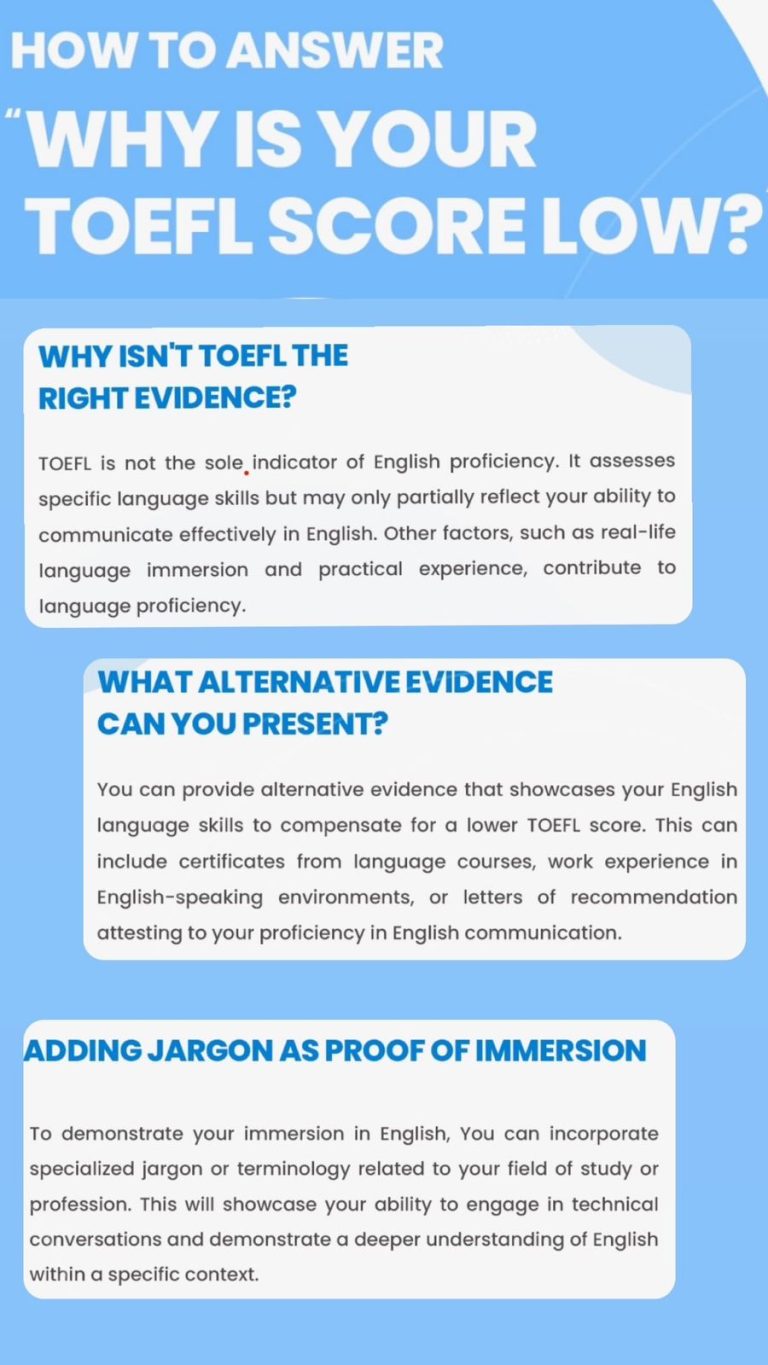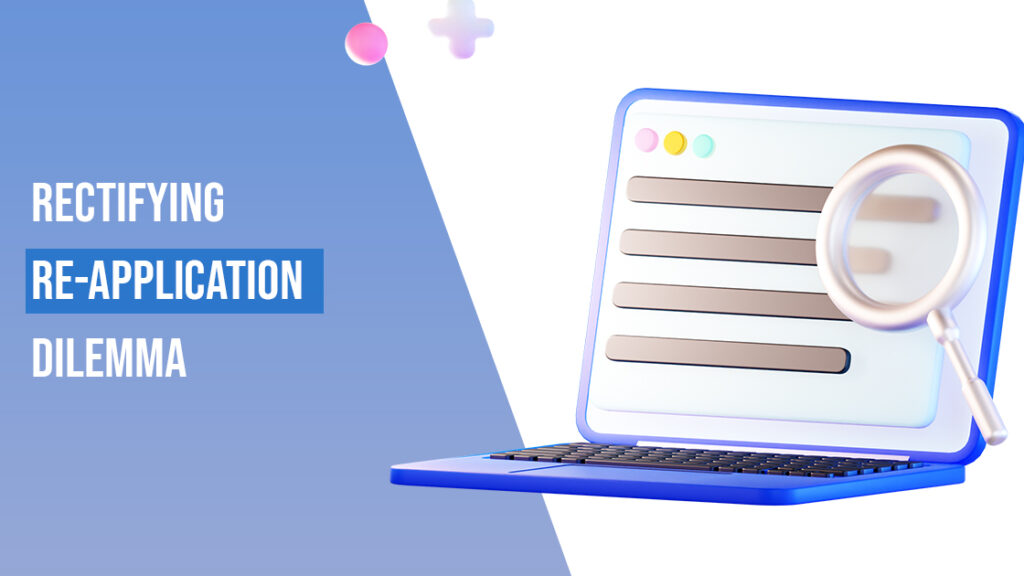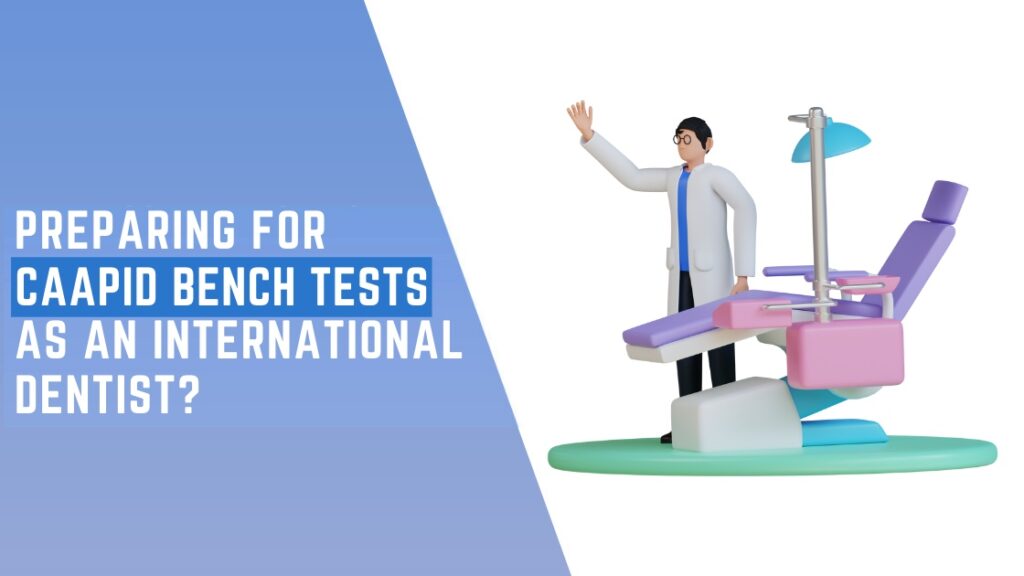Before you even begin reading this article, I hope you have gone through our compendium that lists all interview questions you can expect on gaps, and limitations in your profile. If you have, then go on!
WHY DO US DENTAL SCHOOLS ASK FOR YOUR TOEFL SCORE THROUGH CAAPID?
Clearly, by the time you are reading this article, you exactly know what TOEFL is. I guess this image, pretty much sums it up for us. Haha, sarcasm aside, TOEFL is an English language test that US schools use as an assessment of your ability to communicate and comprehend English. Since the primary language of instruction in the classroom is going to be English, sometimes laden with the American accent, it does make sense to assess everyone’s capability against a common benchmark.
A lot of you are reading our most-viewed newsletter article, the Ultimate Guide for Dental Interviews.
Section 5. b. showcases example questions raised to students who had some kind of gap or pitfall in their profile. During our coaching sessions, the questions that we get most frequently asked by students are this one – “Why did you take multiple attempts in TOEFL?” or “Why did you score low in TOEFL”
Low TOEFL score in applications? – Answering strategies for dentists

Step 1: Significant reason why you scored low
Here are a couple of different approaches to tackling this question based on what your situation is –
1. Taking about English as a second language approach:
For most of us foreign students, our access to the highest quality English medium schools would have been unequal. We would have had to pick up good English comprehension more of than not through self-initiated efforts rather than being taught in classrooms. Also, a good amount of conversation with colleagues outside the classroom, patients in the clinic, and society at large would’ve been in a language native to that place, simply because it gets a better reach.
In this process, it is inevitable to avoid reading a text, translating it into Hindi (or whatever your first language is), and then processing it. Alternatively, when it comes to open-ended conversations, we form our sentences in our vernacular language and then translate them into English.
English in general and in specific American English is a bit of a ‘rebel’. While the sentence structure of Spanish, French, Arabic, and several Indian languages follow the Verb-subject-predicate structure, English goes the other way around. This is the reason why sports commentary or political commentary in parliaments lags behind the actual conversation by a speaker. A translator needs to listen to what is happening in the local language and change the order of words in his head before spitting it out.
You’ve got your answer right there. “As I’ve been using English as a second language while in my home country, I’m used to reading or speaking in English but interpreting and thinking in my vernacular. This is the reason why I have been scoring low in TOEFL.”
2. Talking about the American vs Queen’s English approach:
A good number of the countries that DDS aspirants apply from are commonwealth countries i.e. a country that was once colonized by the British era. Naturally, they established the Queen’s English as a standard of commerce in these countries and introduced it into the education system to train administrative clerks who can serve their colonial masters in trade and governance.
Ah, alright! Let’s put the history aside. The bottom line is we were all educated in Queen’s English. Long sentences, phrases in the passive voice, submissive vocabulary, and long spellings. America developed its own English with short, abrupt, direct sentences. A language used to rebel and sell, not impress and submit. In this country, you can begin any sentence with ‘I don’t know’ and end with ‘It’s awesome’.
You’ve got your second answer. “I do really well in English tests that are attuned to Queen’s English. My academic performance in school, supplementary course, and IELTS scores are a testament to this. Adapting to American English is new to me and one of the things I’ve been improving during my shadowing experiences in the US”
3. Talking about the content of subjects in TOEFL:
The TOEFL exam draws upon diverse topics like astronomy, geology, and marine biology to draft the paragraphs upon which you’ve been tested. Getting a grasp of the jargon and nuances of these complex sciences might take some time for anyone. As doctors, given our already heavy workload of academic books, we have limited opportunity to read such diverse topics outside our domain.
You’ve got your third answer, therefore. “When it comes to the subject matter, I am extremely fast at reading and comprehending. I have in the past dove deep into hundreds of research papers to assist my professors to perform longitudinal studies of certain disease states. While I extensively focussed on medical literature, I did at the expense of devoting time to reading diverse material, which reflects on my TOEFL score”
Now that we’ve seen three ways to justify the problem. TOEFL scores are considered as ‘evidence’ to prove your English communication capability. By quoting these approaches, you are basically declaring it as a false negative to their hypothesis. In simple terms, you are saying that the test doesn’t accurately reflect your ability to manage DDS English.
We are still one step short though.
Step 2: You have proved the test is flawed. But how will you prove you are good?
In spite of your TOEFL score being low, how can your English be good in the eyes of a dental admissions committee?
Simple. Wear the interviewer’s hat. Why would they need to have good English comprehension? –
- -to speak fluently with American patients
- -to become capable ambassadors of the school’s brand at conferences
- -to assimilate large amounts of academic literature with short deadlines
- -to contribute to classroom discussion effectively
- -to digest faculty sermons and clinical treatment brainstorming
As long as you can manage these, your English should suffice. Therefore, during your interview, you need to provide a narrative that affirms you are capable of managing these.
There is just one way to do this. Provide alternative ‘evidence’. Here are a few examples –
“I’ve reviewed enormous literature while working as a research assistant during this project … Therefore I am confident I would do really well when comprehending academic content with dental terms really quick”
“I have had the chance to work with American patients of varying native languages and ethnic origins while serving at a private practice and a community dental initiative as a volunteer … Drawing upon these experiences I would not just handle the doctor-patient interaction well, but also bring to the classroom the unique perspectives from private practices that serve a niche demography”
“To overcome the issues, I had with conversational English, I networked at multiple conferences over the year and participated in these capacities … from these experiences, I’ve not just built confidence to manage classroom discussion, but also understand the subtle nuances associated with non-verbal cues in the American work culture”
Step 3: Use popular American References answering Dental Interviews?
Through these answers, if you could pepper in some popular US references, you can almost totally nail it. Here are a few examples –
- Lay of the land
- Missed the forest for the woods
- One in hand instead of two in the bush
- Cadence over completion
In conclusion, you answer this question by combining the three parts. “Why isn’t TOEFL the right evidence?” + “What alternative evidence can you present as compensation?” + “What jargon can I add to my answers as proof of immersion”.
Awesome guys. Good luck!
You know that we’re always here to answer your questions for free and provide one-on-one coaching when necessary.


